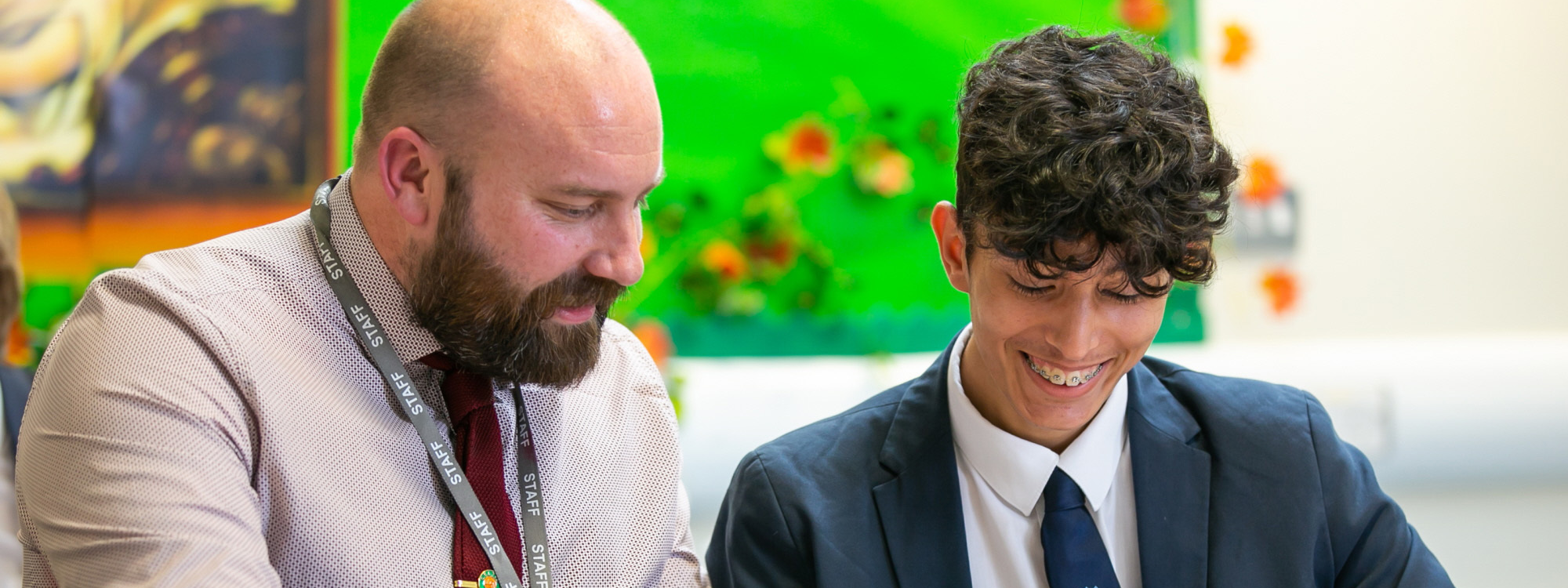History
Back to Subjects Menu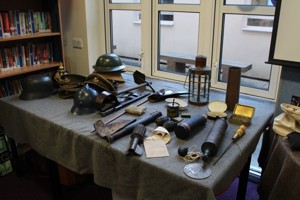 What is it to be a Historian at BCHS?
What is it to be a Historian at BCHS?
At BCHS we want students to be enthused and excited by the past so that they begin to ask critical questions of people and events that have shaped the history of Britain and the wider world. We want students to develop a good knowledge and understanding of the historical content, whilst developing their ability to communicate this effectively.
Students will learn to analyse sources and draw conclusions from them, whilst also evaluating historical interpretations to form their judgements.
Subject Overview - Year 7-11
Year 7 overview
In Year 7 students begin with a skills unit, entitled ‘What is History?’ that aims to provide students with historical skills needed to be a successful historian at BCHS.
Students then utilise these skills with a study of the Norman Conquest and Medieval England up to 1485.Students finish their year 7 studies with an enquiry into the early Tudor period under Henry VII and Henry VIII. Students will be assessed using GCSE style questions.
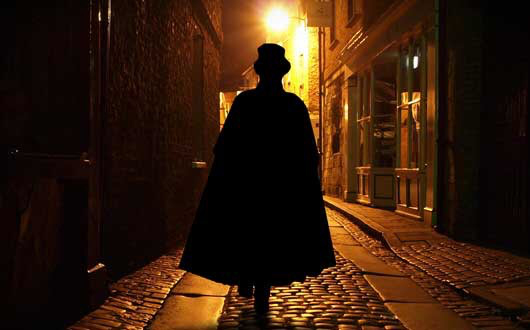 Year 8 overview
Year 8 overview
In Year 8, students continue their study of the Tudor period, by exploring the reigns of Edward VI, Mary I and Elizabeth I. This study of British History continues with an investigation of the Stuart period, including James I and the Gunpowder Plot, Charles I and the Civil War and Charles II and the Great Plague and Fire of London.
In the summer term of Year 8, students study Britain’s Industrial heritage from 1750-1900 and finish with a case study of Jack the Ripper in 1888.
Year 9 overview
Students begin their study of Y9 History by examining World War 1 and the devastation and impact it had on the world we live in, over a century on. We then go onto examine it's effects on the development of medicine in the Early 20th Century, allowing students to understand how War enabled rapid changes in medical methods that improved conditions greatly. Within this course we will be examining some GCSE Content to help assist students who go onto take GCSE History with exam technique and practice.
Following on from this, BCHS History Curriculum then explores the rest of our 20th Century World, including, the US in the 1920's and 30's, where students will examine how America rose to become the world's great power and all the problems they tried to overcome along the way. We then examine the rise of the dictators and give pupils an understanding of how the likes of Lenin, Stalin, Mussolini, Hitler and even Mosley tried to take power using authoritarian dictatorship.
Y9 History investigates World War Two and the damage of The Holocaust, allowing a full and extensive knowledge of one of the most crucial events in modern History, as well as understanding the issue of Anti-Semitism and beyond. The final unit of Y9 explores the Civil Rights movement in the US and the racial divides within the Nation and how this then transferred on to the Vietnam War, bringing our Y9, and KS3 Curriculum to a close.
Year 10 overview
Students begin Year 10 with a study of Early Elizabethan England 1558-1589. Students are assessed throughout this study using a sequence of knowledge tests and GCSE style exam questions in relation to three distinct apsects of the GCSE Spec;
Queen, government and religion 1558–69, Challenges to Elizabeth at home and abroad, 1569–88 and Elizabethan society in the Age of Exploration, 1558–88. Students then continue their GCSE studies with an enquiry into the first two topics of the Germany 1918-1939 unit; The Weimar Republic 1918–29 and Hitler’s rise to power, 1919–33.
Year 11 overview
Students continue their study of Germany 1918-1939 with an enquiry into the final two topics of the Spec;
Nazi control and dictatorship, 1933–39 and Life in Nazi Germany, 1933–39. Students are assessed throughout this study using a sequence of knowledge tests and GCSE style exam questions, with a particular focus on source work.
Students conclude their study of GCSE History with a study of The Cold War 1945-1991. Students gain an understansding of the orgins and end of the conflict, as well as the crises that increased tension between the world’s superpowers. Students are assessed throughout this study using a sequence of knowledge tests and GCSE style exam questions
Subject Overview - Sixth Form
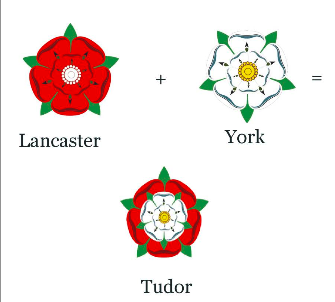 Year 12 overview
Year 12 overview
The benefit of the AQA qualification allows for simple co-teachability and therefore in Year 12, students study half of the content of the A-Level. In Year 12, students study a period in-depth either, The Making of Modern Britain 1951-1979, or, The War of the Roses 1450-1471 and a period in-breadth, Tsarist and Communist Russia 1855- 1917. Students are assessed through a regular sequence of knowledge tests and exam style essay and source questions. Furthermore, students are required to present on a number of topics, such as Tsarist Opposition, in order to hone their skills of advocacy. At the end of Year 12, students begin their Non Exam Assessment, an extended essay on the motivations of Irish Nationalism in the period 1798-1916.
Year 13 overview
At the beginning of Year 13, students pick up where they left off. Thus students continue their depth study of either, The Making of Modern Britain 1979-2007, or, The War of the Roses 1471-1499 and the breadth study, Tsarist and Communist Russia 1917- 1964. Students are assessed through a regular sequence of knowledge tests and exam style essay and source questions. Furthermore, students are required to present on a number of topics, such as Societal changes under Lenin and Stalin, in order to hone their skills of advocacy. Students continue with their Non Exam Assessment, an extended essay on the motivations of Irish Nationalism in the period 1798-1916. The final piece is submitted just prior to the examinations in May.
Enrichment
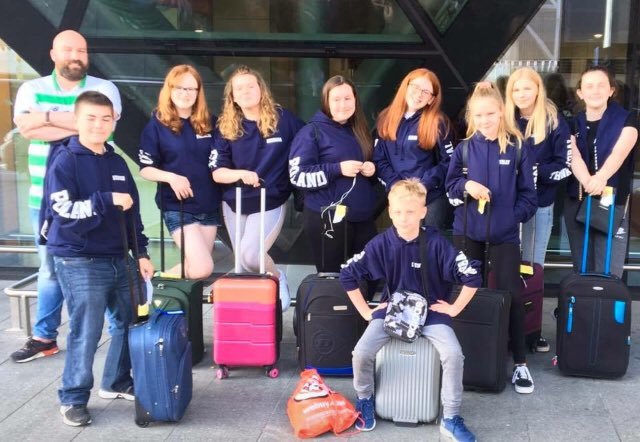 Enrichment
Enrichment
Throughout the year a number of historical landmarks are commemorated through assemblies, including, Armistice Day, Black History month and Holocaust memorial day.
The department has worked hard to foster links with Essex University and students have visited their History department to complete workshops that expose them to undergraduate study, whilst reinforcing the source and interpretation skills central to a study of A-Level History. The department is also exploring the possibility of a trip to Dublin to visit historical sites as the General Post Office and Kilmainham Jail, in order to bring the history of Irish nationalism to life.
Furthmore, we are in regular contact with our alumni and students have returned to offer valuable advice to current students studying History.
How do we contribute to PSHEE, British Values and SMSC?
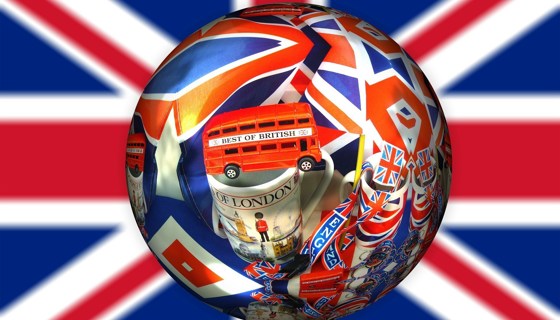 Our History curriculum provides the ideal opportunity to reinforce British values and promote Spiritual, Moral, Social and Cultural education.
Our History curriculum provides the ideal opportunity to reinforce British values and promote Spiritual, Moral, Social and Cultural education.
The study of Russian history brings into question extreme political ideologies and the traces the transition from dictatorship to democracy. Furthermore, the Non Exam Assessment of Irish nationalism requires students to consider the impact of British rule in its oldest colony. Ultimately the study of History requires students to ask meaningful questions about the past, present and future of their society, vital components of the SMSC focus.
What careers does History Support
 History supports a range of prospective career opportunities - in fact one of our History displays, celebrates famous people with a History degree. Many world leaders of the past and present have studied History before embarking on a career in Politics.
History supports a range of prospective career opportunities - in fact one of our History displays, celebrates famous people with a History degree. Many world leaders of the past and present have studied History before embarking on a career in Politics.
Common careers include working in fields such as law, archaeology, journalism, museums and archives, the civil service, research and education. We are proud of the fact that a number of students continue to study History at Univesties such as Warwick and Oxford.


